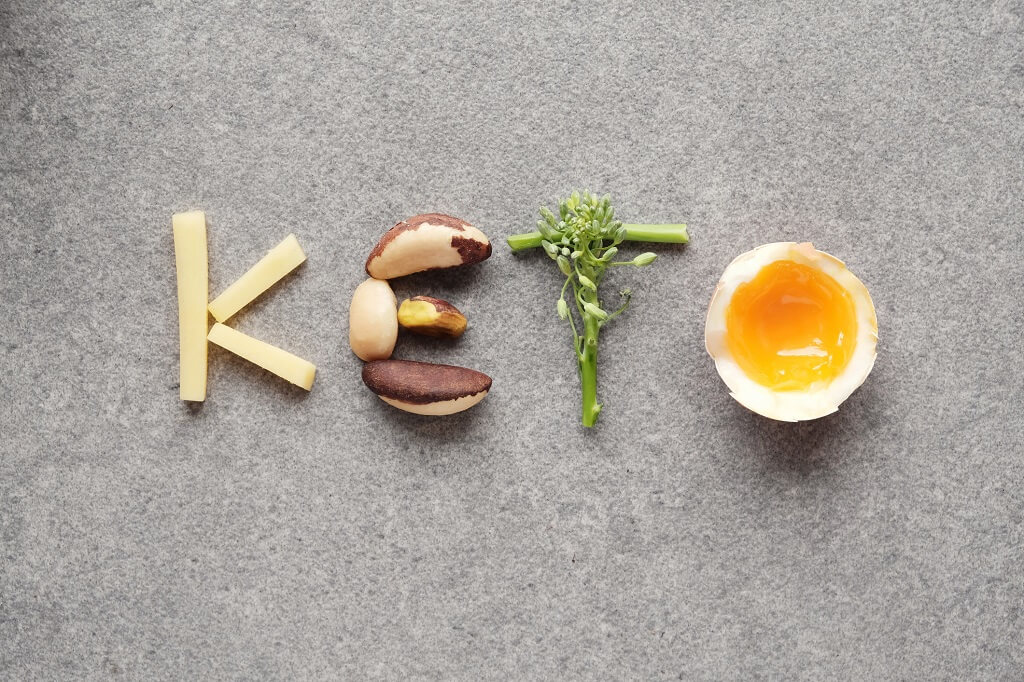The 3 Key Minerals To Help Fortify Your Keto Lifestyle

A keto diet can be a great option for a healthy and fit lifestyle. By staying in a state of ketosis you can harness your body’s ability to regulate your system and burn fat at a high efficiency. This can be an excellent way to lose weight and can be great for many health conditions such as Type 2 Diabetes or metabolic disorders.
When starting a diet such as a low carb, or a full on ketosis based program, designing your food intake is of course a top priority. Everything you put in your body or don’t will reflect how your body feels and functions. When starting a diet, you need to understand what you should not eat and why, and also requires an understanding of all the macronutrients you need and how you can get them. A keto diet activates areas of your body on a consistent basis that aren’t typically used this way. It is very important to give your body the support it needs in transitioning to a keto system and to keep your body as balanced and strong as possible when in progress. The transition can be taxing on your body and can even induce flu-like symptoms and a powerful post-exertional malaise.
No matter how much effort you put into eating as balanced as possible, some nutrients are just really hard to come by on a keto diet. This is where natural supplements can really save the day. There is much more to supplementing your diet than just getting a multivitamin. When committing to a keto diet you really want to understand what your body needs and why. Some things your body needs have bigger impacts than others.
This quick guide will walk you through some of the most important natural mineral supplements for fortifying your body on a keto diet plan and will explain the importance. Let’s take a look at how to keep your body strong and avoid the dreaded keto-flu.
Minerals:
With any low carb diet, there are a power-three minerals that are incredibly important for regulating blood pressure and keeping your muscles and nerves healthy. Potassium, sodium, and magnesium. Transitioning into a keto diet will mean losing a lot of hydration which will take these electrolytes out of your system. Replenishing these minerals can be necessary to prevent headaches, fatigue, and digestive problems.
Magnesium
Some studies show that the majority of the population may not be getting sufficient magnesium levels in their diet. Magnesium is crucial to your muscle health and plays a significant role in creating cellular energy.
Two of the most easily absorbed forms of magnesium are magnesium glycinate and magnesium citrate. By supplementing with one of these you can prevent the muscle cramping that is associated with transitioning on to a keto plan.
Seeds and nuts and leafy green vegetables can be a good source of magnesium, but likely won’t be enough, especially if you lead a very active lifestyle. With the addition of a magnesium supplement such as the ones offered by RnA ReSet, even the most active lifestyle can be supported while keeping your muscles as strong as possible.
Potassium
Potassium is a critical mineral to your body and is vital for your cellular health. Healthy potassium levels will help with stable blood pressure, bone strength, and even circulation.
While some foods such as avocados and cauliflower have higher potassium levels, it can be difficult to get the optimum amounts from food alone when eating keto. About 2000 mg per day is recommended, but on a keto plan that recommendation increases to 3000 mg per day. Be careful when supplementing with potassium because excess levels can be toxic.
Sodium
Salt intake has often been demonized and it seems that most health warnings suggest the importance of reducing intake. When eating keto however, you are going to need to increase your sodium intake to help hold hydration. Typically about 3000-5000 mg of sodium per day on a keto plan is recommended.
Adding sea salt to your food can help, but often reaching these levels can be easiest with a supplement. Adequate salt levels will help keep your body and muscles hydrated and prevent headaches, dizziness, and hypertension.
Along with mineral electrolyte supplementation, vitamin and herbal support can also greatly help your strength and recovery. Vitamin D, vitamin A, vitamin C, and Omega-3s all play a huge role keeping your body healthy. A balanced keto diet should be able to give you adequate vitamin levels, but sometimes a supplement can really help you stay on top of these levels.
Other herbal and dietary additions can really help you stabilize your body through transitioning to keto as well. Lemon, ginger, apple cider vinegar, turmeric, fermented foods, cinnamon, antioxidant rich foods and anti-inflammatory rich foods, and many other foods and herbal adaptogens can all be great ways to enrich your body and stay strong when exploring a keto lifestyle. As with any dietary approach to your health, take it slow and be patient with your body.
839GYLCCC1992



Leave a Reply